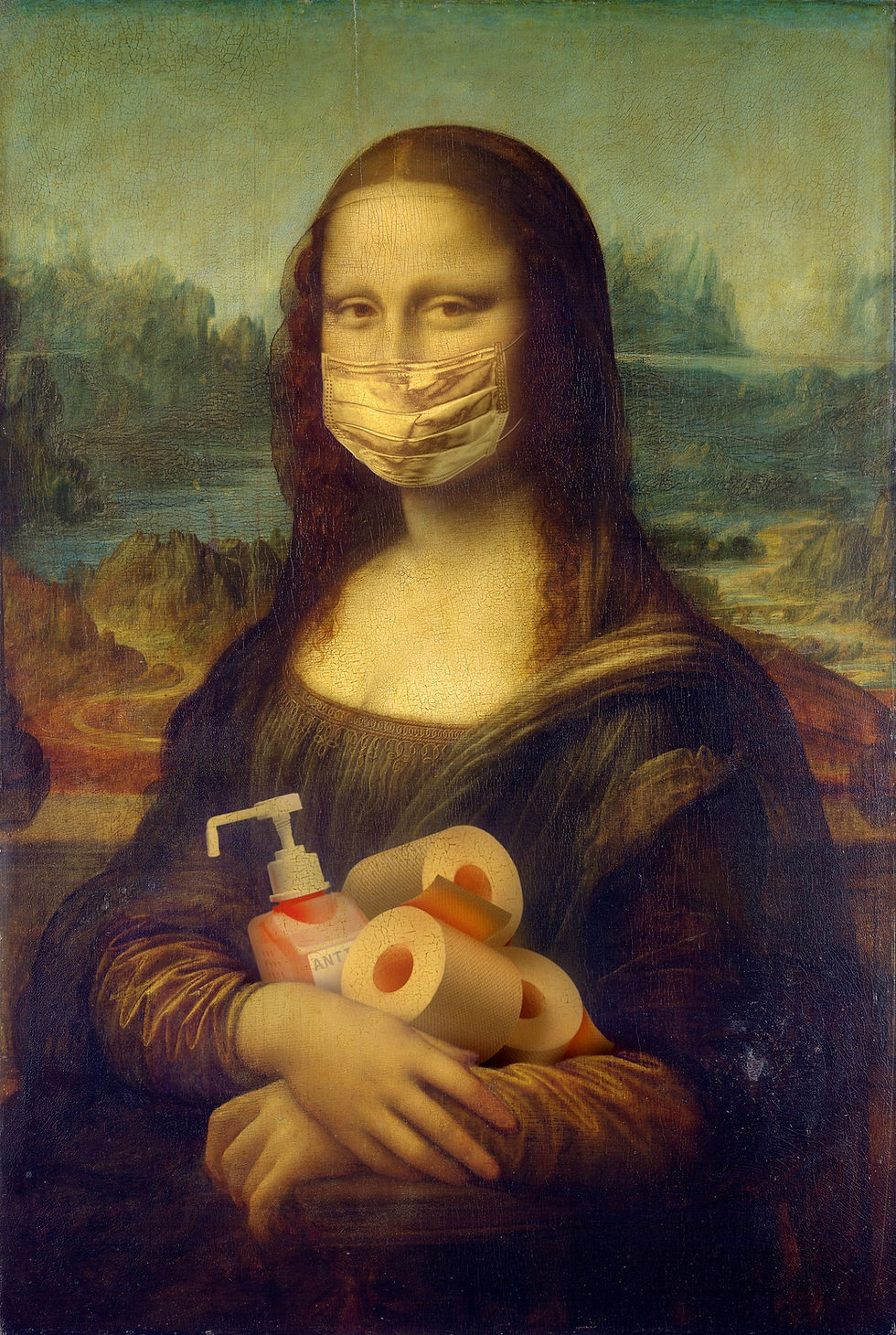What Is Your Competitive Identity?
- Coach Knickerbocker

- Aug 22, 2018
- 4 min read

In the coaching I’ve done with women at all levels, juniors, collegiates, and masters, as a masters rower/coxswain and as a collegiate coxswain, I’ve come across unique competitive identities.
I’ve found that the expression of these identities can be affected by internal arousal levels during competition, which in turn can affect how competitively successful these rowers are.
What is competitive identity?
Competitive identity is a culmination of how you see yourself, what you say to yourself, and how you express yourself physically, mentally, and emotionally as a competitor, in and out of competition.
How you express your competitive self, what your internal self-talk is with regards to competing or being a competitor, and what you show others with regards to being that competitor are all elements of competitive identity. You may show a different piece of that identity to boat mates, coaches, or other competitors. You also may express a different identity depending on the environment you are in. Seat racing, erging, practices, regattas, each of these can result in different competitive identities being expressed.
I also want to be extremely clear that even if you are NOT racing, you are still experiencing your competitive self and expressing a competitive identity (refer back to The “C” Word Part 1). In this case, the difference is that you are focused on internal competition (you against you) as opposed to external competition (you against another).
What is Your Competitive Identity?
Take a second to consider yourself from an outside perspective if you can. Notice how it feels in your body when you are being competitive. Either externally with a teammate or at a regatta, or internally with yourself.
Are you chatty with teammates or coaches?
Do you feel more comfortable being engaged or more comfortable being separate from those you are competing with?
Are you excited when you know you will be competing, or nervous, or neither?
I've observed very quiet and unassuming rowers become chatty as they prep for competition as a way to mitigate their anxiousness. I've witnessed usually calm and collected women become easily irritated and overwhelmed before competition, snapping at teammates or coaches. I've also seen usually extroverted women become very introverted and quiet before competing.
Do you change in some ways when you are competing?
This matters because the more you know about your physiological and psycho-emotional responses as a competitive individual, the more you can better regulate that experience, use it strategically, and determine what approach produces the best result for you
Arousal Levels and Competitive Identity
In sport psychology circles the term "arousal level" is defined as what happens for you physically and psychologically before and during competition. Athletes that have a high arousal level may experience an upset stomach, sweaty palms, agitation, or anxiety before any type of competition (erg tests, regattas, seat racing). Athletes with a low arousal level may need to get psyched up before racing by listening to music or engaging with teammates.
Competitive identity and it's expression can be strongly affected by arousal level. Arousal level and competitive identity, can combine to create either a hot mess of a competitor, or someone who is completely dialed in and poised to have the best competitive experience they can.
If one's arousal level is high one's competitive identity can end up being expressed as overbearing, distracting to teammates, maybe even aggressive towards other rowers. If one's arousal level is low one could be seen as not caring about her competitive performance or being disengaged with her crew. Both can have an effect on how competitively successful this rower is.

In terms of arousal level examine this with regards to competing and take note of what happens for you physiologically and psychologically. Try to pay attention to how you are feeling before and during competition and if those feelings are uncomfortable and nerve racking or just exciting and anticipatory. Pay attention to feeling too high in terms of arousal, or too low, or feeling just right for you. Everyone will experience this differently. They key is to feel optimized in your response and not hindered by it in order to perform at your best.
There are a number of specific strategies one can use to manage arousal levels. One strategy is to have routines that you repeat before any event where your arousal level is not optimized. Routines before practice or at a regatta can help to manage arousal levels in either direction. More specifics on routines and arousal levels in a future blog.
Self-talk, or your internal dialogue is a strategy to help manage your competitive identity as it relates to arousal levels. What you say to yourself when you're feeling nervous or anxious absolutely effects how that competitive identity gets expressed.
By managing the expression of your arousal levels and translating that expression through a positively focused competitive identity, you optimize your experience and in turn create your best competitive self and therefore greater competitive success.
Talk with other Masters Women
Consider having a conversation about competitive identity and arousal levels with your teammates after a good practice. The more you can understand what kind of competitor you and your teammates are in terms of these bits, the greater insight you will have about what works for you in prepping for competition, how to be better at supporting your boatmates, and what your approach is to the competitors around you.
My coaching advice to you is to begin to understand yourself as a rower, a competitor, and an athlete on a deeper level than simply your physical prowess or your technical proficiency. Your growth as a competitive rower will require attention to more than technique and fitness in order to reach the goals you set for yourself.
Be intentional about developing and growing your competitive self.
Row hard, row well, compete, have fun.
Coach Knickerbocker




Comments